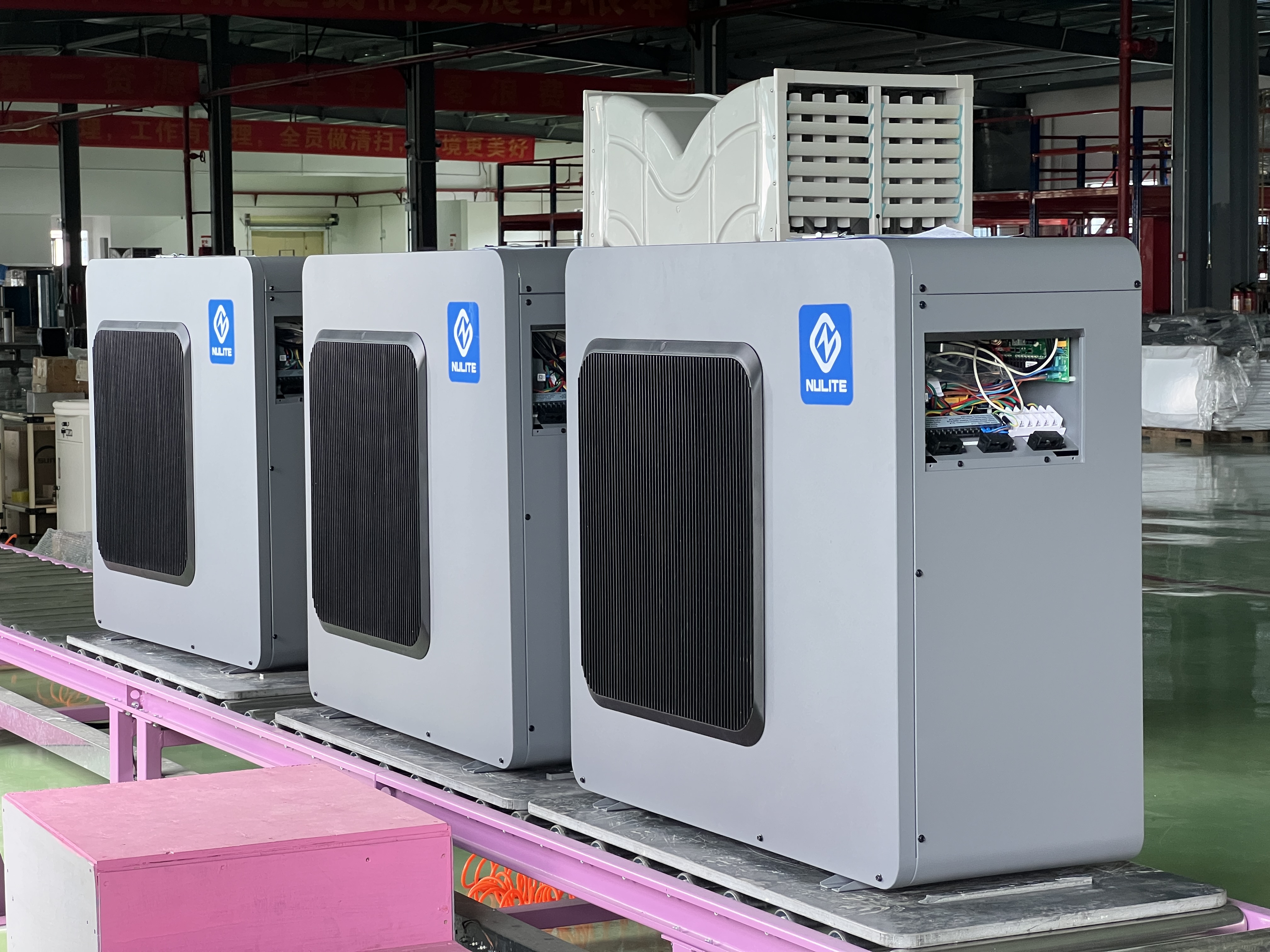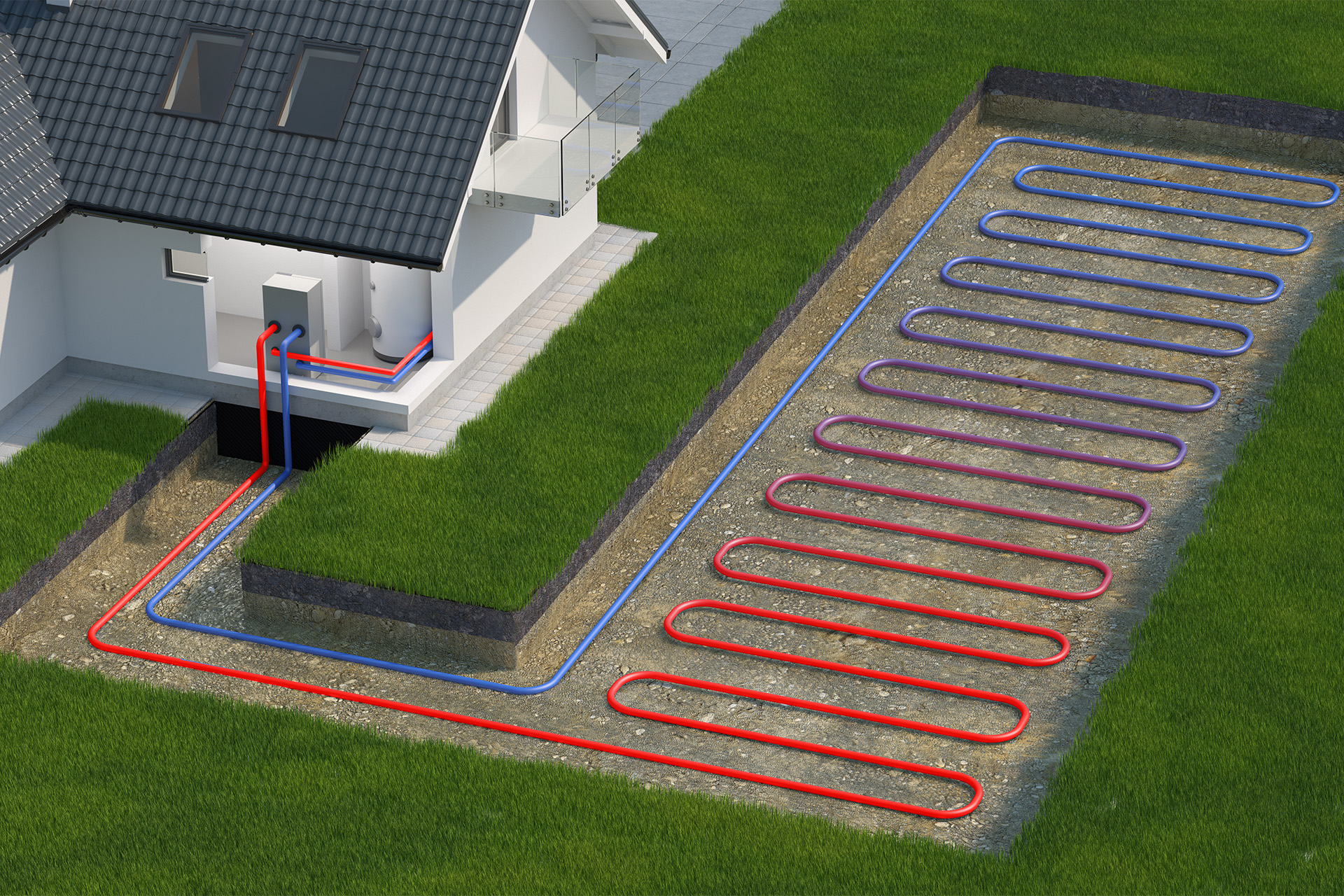The energy structure of the EU region is mainly based on traditional energy. Against the backdrop of a shortage of natural gas energy and a significant increase in energy prices, energy transformation has become one of the most urgent issues in the current European region.
In early February, the International Energy Agency set the supply and demand gap of natural gas in Europe at 40 billion cubic meters. If the energy shortage cannot be completely solved, Europe will have to tighten its nerves before every winter. After all, no one knows whether the next winter is cold or warm.
 According to the statistics of RSER, heating energy consumption in Europe accounts for more than 40% of the total social energy consumption. Under the pressure of the Energy crisis, heating will be an urgent problem in Europe in the next few years, and energy transformation is imminent.
According to the statistics of RSER, heating energy consumption in Europe accounts for more than 40% of the total social energy consumption. Under the pressure of the Energy crisis, heating will be an urgent problem in Europe in the next few years, and energy transformation is imminent.
In such a situation, the heat pump industry is expected to benefit at its core.
Compared to other heating methods, heat pumps start the device with a small amount of thermal energy to obtain a large amount of thermal energy from air, soil, or water. Under the premise of providing equal amount of thermal energy, the energy consumption cost of heat pumps is about 15% -20% of coal, 25% -30% of pure electrical energy, 30% -50% of fuel/gas, and 60% -70% of conventional solar energy. The advantages of energy conservation and emission reduction are obvious, and they meet the needs of European countries for energy security, So European countries have increased their support policies for heat pumps.
Compared to other heating equipment, the design of heat pump products is more complex, with higher cost, higher initial investment, and strong installation properties. The installation cost is high, and the labor cost in overseas markets is high, with insufficient installation personnel. The installation cost can account for more than 30% of the terminal price. Therefore, the heat pump industry is sensitive to subsidies and energy efficiency policies, making it a typical policy market that heavily relies on policy subsidies.
 In view of this, multiple countries in Europe have introduced subsidy policies for heat pump installation, reducing the initial installation cost of heat pumps by over one-third. With the support of subsidies, the cost can generally be recovered within less than three years, further stimulating the growth of heat pump demand. Moreover, under European policy planning, the long-term growth of the heat pump industry is highly uncertain.
In view of this, multiple countries in Europe have introduced subsidy policies for heat pump installation, reducing the initial installation cost of heat pumps by over one-third. With the support of subsidies, the cost can generally be recovered within less than three years, further stimulating the growth of heat pump demand. Moreover, under European policy planning, the long-term growth of the heat pump industry is highly uncertain.
Post time: Jun-21-2023


